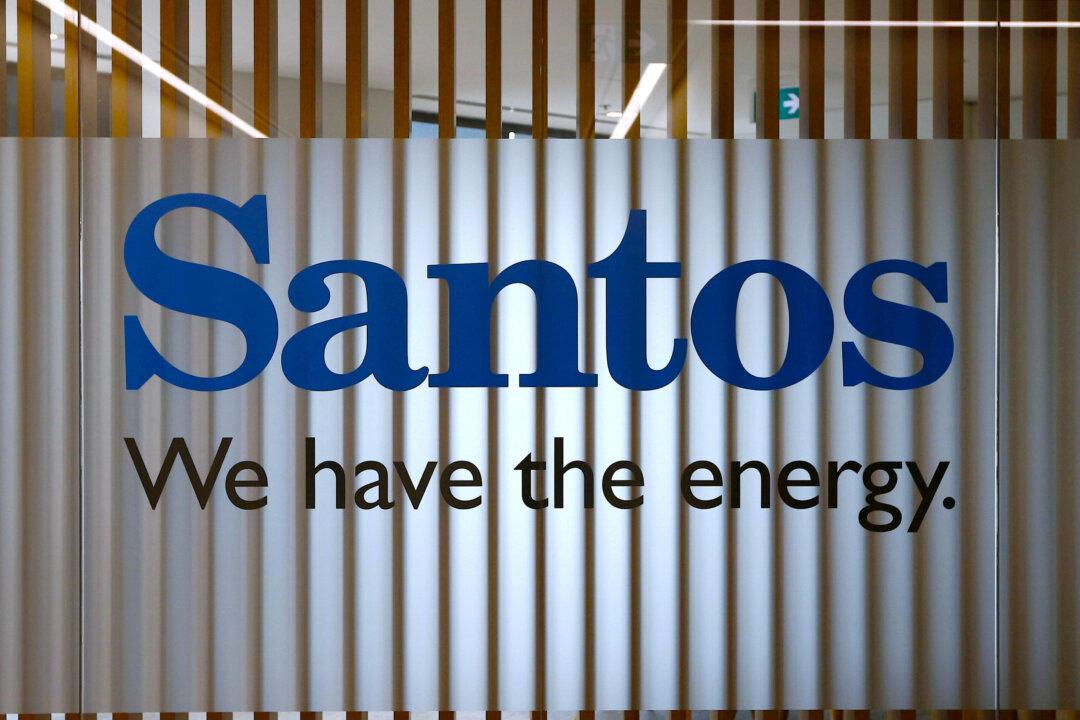The multinational oil and gas company Santos, which won a $9 million cost settlement from the Environmental Defenders Office over a failed bid to stop it from building a new gas pipeline in northern Western Australia, has pleaded guilty to a major condensate spill from another of its pipelines in the same area.
The local registered subsidiary, Santos WA Northwest Pty Ltd, admitted that it was responsible for the accidental discharge of around 25,000 litres of petroleum condensate into the ocean at the Varanus Island Marine Terminal, located off the northwest coast of Western Australia, in March 2022.





